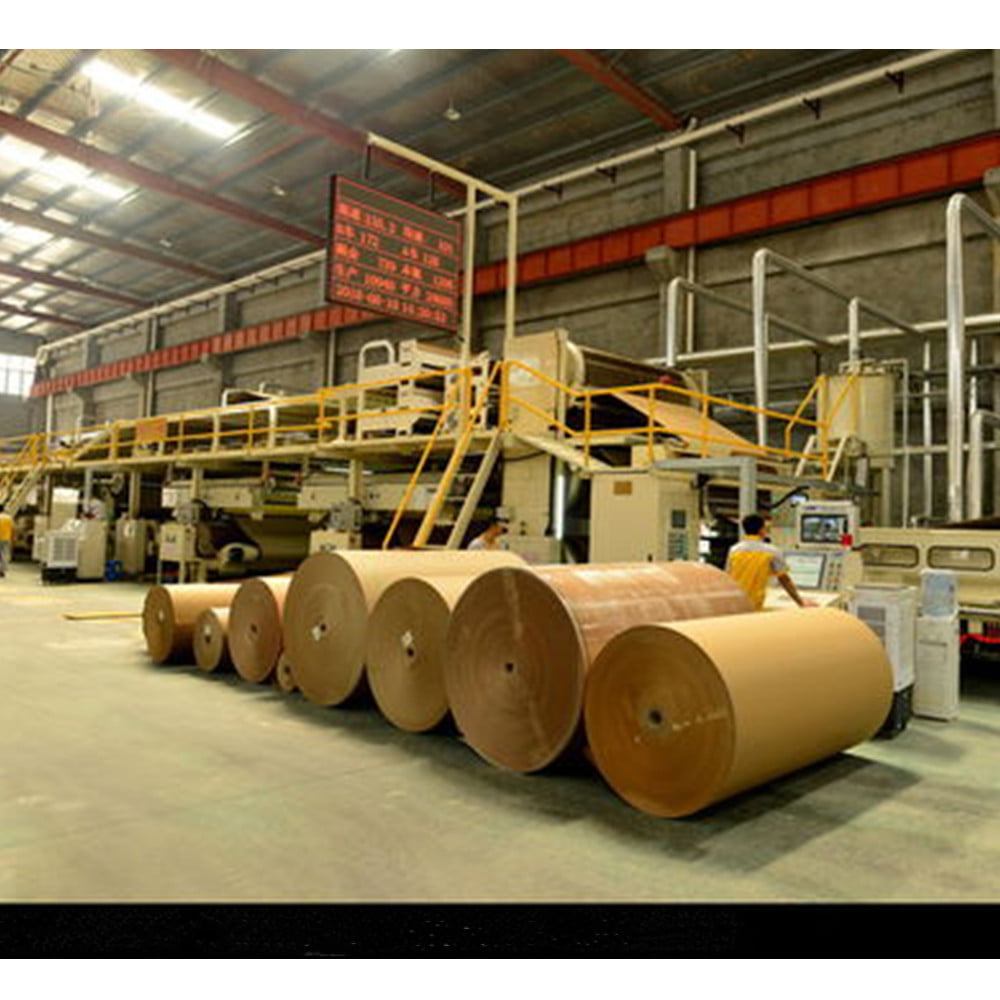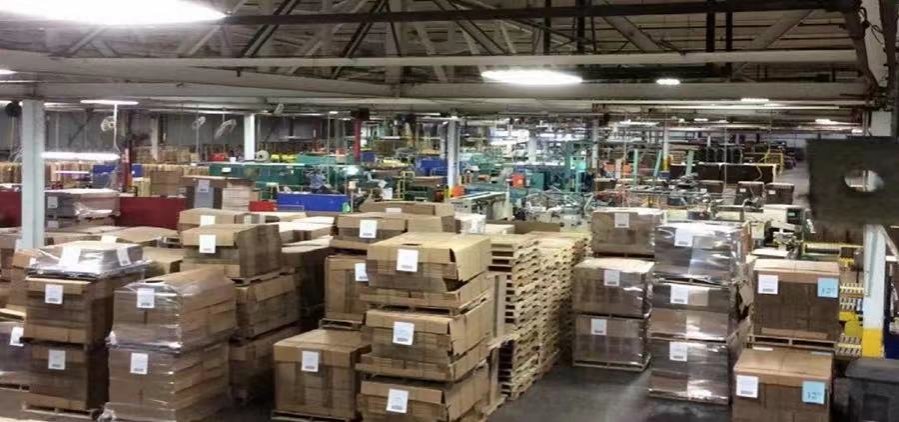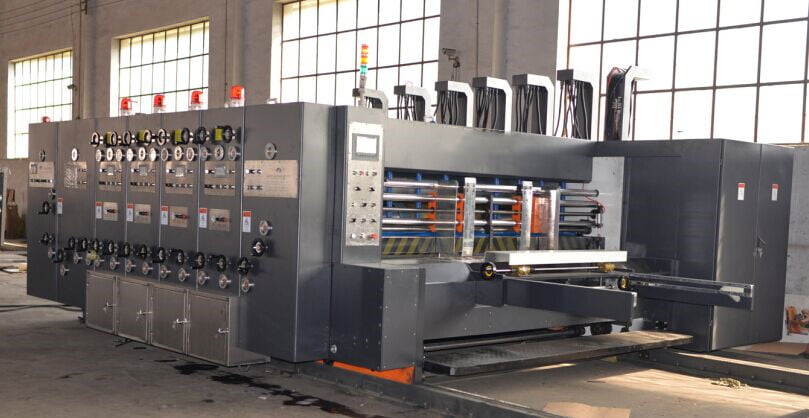Starting a carton box manufacturing plant in India can be an exciting business venture. With growing demand for packaging solutions, the industry offers significant potential.
The cost of starting a carton box manufacturing plant in India varies between ₹20 lakhs and ₹2 crores, depending on the plant’s size, machinery, and automation levels.
Budget planning is crucial to balance initial investments with production capacity and quality expectations.
Is cardboard business profitable in India?
The cardboard box business is highly profitable in India due to increasing e-commerce, FMCG growth, and export packaging needs.
Profit margins in this industry can reach 20%-30%, depending on efficiency, scale, and market conditions.
Factors driving profitability
- Market growth: The e-commerce boom has surged demand for shipping materials.
- Raw material costs: Using recycled materials can reduce input costs.
- Efficiency of operations: Automating processes improves production and reduces waste.
| Factor | Impact on Profitability | Example |
|---|---|---|
| E-commerce growth | Increased demand | Shipping cartons for Amazon |
| Raw material sources | Cost reduction | Recycled paper usage |
| Automation | Higher efficiency, less waste | CNC corrugated cutters |
Who is the largest manufacturer of cardboard boxes in India?
India boasts several leading cardboard manufacturers catering to both domestic and international markets.
ITC and Smurfit Kappa are some of the largest manufacturers, leveraging advanced facilities and widespread distribution networks.
What sets these companies apart?
- Innovation: ITC’s focus on sustainable packaging.
- Scale: Smurfit Kappa’s large-scale production enables competitive pricing.
- Customer reach: Extensive networks ensure consistent supply to big brands.
How to start a box making business?
Launching a box manufacturing business requires strategic planning and step-by-step implementation.
Key steps include market research, choosing the right equipment, securing funding, and establishing a reliable supply chain.
Step-by-step guide to starting
- Market research: Identify demand and competition in your area.
- Equipment selection: Choose between manual, semi-automatic, and fully automated machines.
- Location setup: Secure a facility with proper ventilation and space for machinery.
- Supplier tie-ups: Source high-quality raw materials like kraft paper.
- Hiring: Employ skilled and semi-skilled workers.
| Phase | Task | Example |
|---|---|---|
| Planning | Research & funding | Loans or self-funding |
| Setup | Purchase equipment | Rotary die-cut machines |
| Production initiation | Trial runs | First batch testing |
How much does it cost to set up a carton box manufacturing plant in India?
Setting up a carton box manufacturing plant requires a thorough understanding of expenses involved at various stages.
The total cost ranges between ₹20 lakhs and ₹2 crores, depending on plant size, location, and automation.
Key cost components
- Machinery: ₹10 lakhs to ₹1.5 crores based on technology.
- Factory setup: ₹5 lakhs to ₹50 lakhs depending on the location.
- Raw materials: ₹2 lakhs to ₹10 lakhs for initial stock.
| Cost Component | Typical Range | Example |
|---|---|---|
| Machinery | ₹10 lakhs – ₹1.5 crores | Flexo printing machine |
| Factory setup | ₹5 lakhs – ₹50 lakhs | Rent, renovations |
| Initial raw materials | ₹2 lakhs – ₹10 lakhs | Kraft paper |
How big is the corrugated box industry in India?
The corrugated box industry in India is growing rapidly, driven by logistics and export packaging demands.
The Indian corrugated box market is valued at over ₹25,000 crores and growing annually at 6%-7%.
Growth drivers
- E-commerce: Heavy reliance on durable packaging.
- FMCG sector: Boxes are vital for transporting food and beverages.
- Exports: Carton boxes meet international shipping standards.
| Sector | Usage | Example |
|---|---|---|
| E-commerce | Parcel shipping | Flipkart packaging |
| FMCG | Product transport | Biscuits, bottled beverages |
| Exports | Safe handling | Machinery or textile export |
Conclusion
A carton box manufacturing plant in India offers promising returns if planned strategically. Understanding market dynamics ensures success.





